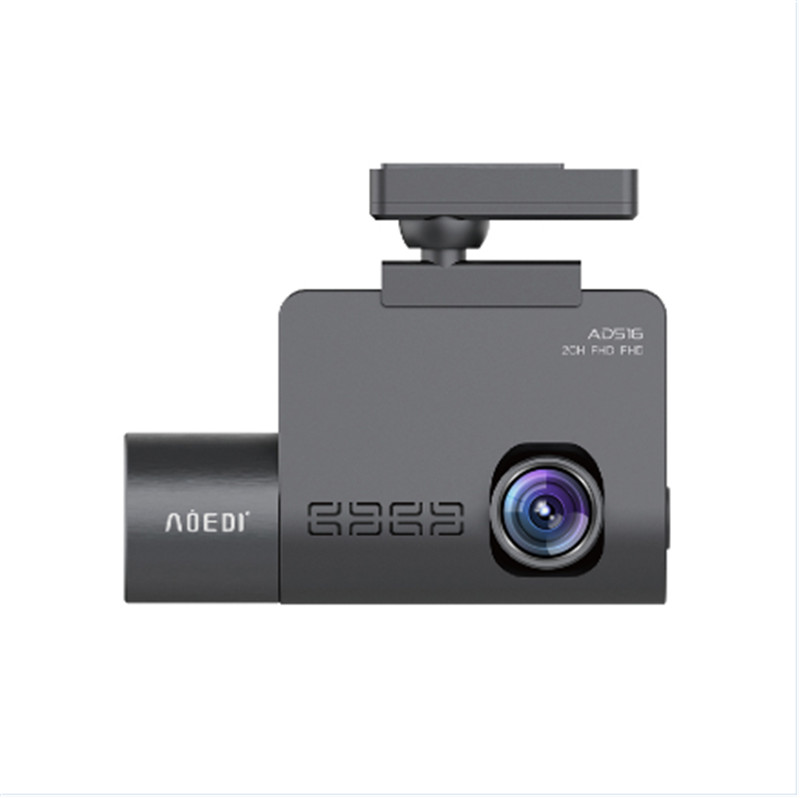While dashcams are gaining in popularity as a way of protection against distortion of facts, they also attract negative attitudes for privacy concerns. This is also reflected in the laws of different countries in different and conflicting ways:
They are popular in many parts of Asia, Europe particularly the United Kingdom, France, and Russia, where they are explicitly allowed by regulations issued in 2009 by the Ministry of the Interior , Australia, and the United States.
Austria prohibits their use if the main purpose is surveillance, which may carry fines of up to € 25,000. Other uses are legal, although the distinction can be difficult to make.
In Switzerland, their use is strongly discouraged in public space as they may contravene data protection principles.
In Germany, while small cameras for personal use in vehicles are allowed, posting footage from them on social-media sites is considered a violation of privacy and thus forbidden, if personal data is not blurred in the footage. In 2018, the Federal Court of Justice ruled that although the permanent recording of traffic events is inadmissible under national data protection law, the recordings made may nevertheless be used as evidence in civil proceedings after careful consideration of the interests involved. It can be assumed that this case law will also apply under the new basic European Data Protection Regulation.
In Luxembourg, it is not illegal to possess a dashcam but it is illegal to use one to capture videos or still images in a public place which includes in a vehicle on a public road. Recording using a dashcam may result in a fine or imprisonment.
In Australia, recording on public roadways is allowed as long as the recording does not infringe upon one's personal privacy in a way that may be deemed inappropriate in a court of law.

In the United States, at the federal level, the video taping of public events is protected under the First Amendment. Videotaping of non-public events and videotaping-related issues, including sound recording and matters related to time of the day, venue, manner of recording, privacy concerns, implications on motor vehicle moving violation issues such as whether the windshield view is being blocked, are dealt with at the state level.
In the state of Maryland, for example, it is illegal to record anybody's voice without their consent, but it is legal to record without the other party's consent if the non-consenting party does not have a reasonable expectation of privacy with respect to the conversation that is being recorded.
In other states, including Illinois and Massachusetts, there is no reasonable expectation of privacy clause, and in such states, the person doing the recording would always be in violation of the law.
In Illinois, a law was passed that made it illegal to record law enforcement officers even while in the performance of their public official duties. This was struck down when, in December 2014, then-governor Pat Quinn signed into law an amendment that limits the statute to the surreptitious recording of private conversations and electronic communications.
In Russia, there is no law allowing or prohibiting recorders; courts almost always use the video recorder attached to the analysis of the accident as evidence of guilt or innocence of the driver.
In Romania, dashcams are allowed, and widely used by drivers and car owners, although in case of an event (like an accident), the recording may be of little use (or no use at all), whether to determine the causes of accidents or in court, they are rarely accepted as evidence. Sometimes their presence may be considered as a personal violation to others, but no law in Romania prohibits their use as long as they are inside the vehicle, or if the vehicle is factory equipped with dashcam.
Post time: May-05-2023

